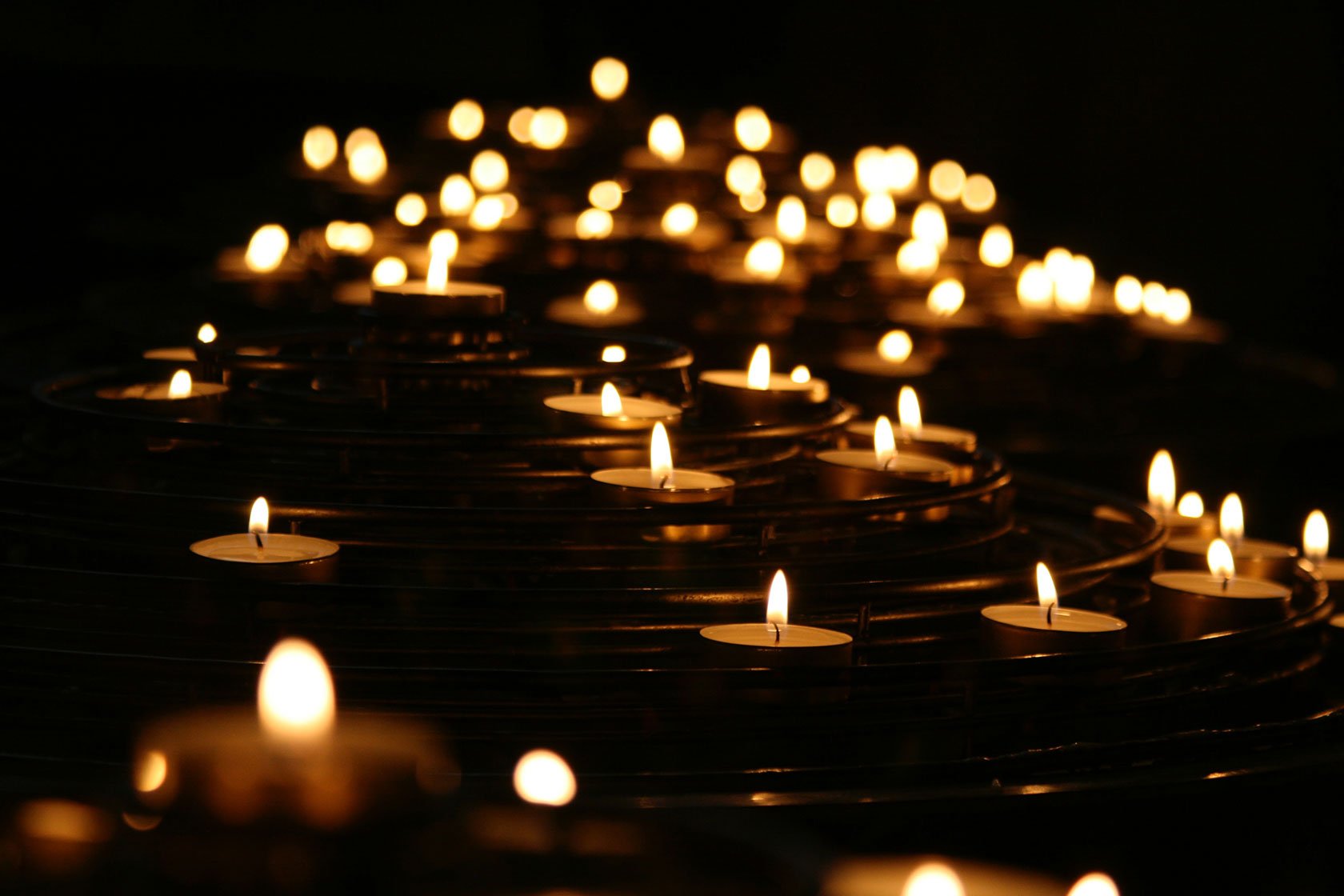
The process of losing someone and grieving is something that every living person will experience. In many ways, grief unites people – however, all too often, grieving people are faced with stigma, awkwardness, and difficulty receiving the support they need.
On August 30, join Maryvale in showing support for Grief Awareness Day. While everyone faces loss at some point in their lives, grief is a profoundly isolating process. Grief Awareness Day was created to help people connect and raise awareness about the many ways we cope with loss. Because grief affects everyone differently, it can be difficult for people to communicate about their experience openly – and can also be challenging for friends, family members, and colleagues of those who are grieving to know just how to be supportive. Grief Awareness is all about directing attention and support to people in the throes of grief, as well as and offering resources to help people communicate with those who are grieving.
Different cultures and parts of the world handle death, dying, and grief in delicate, unique ways – however, in American culture, death and mourning are not openly discussed. Psychological study and mental health practitioners have developed a whole new vocabulary around grief in the last century. The Five Stages of Grief established by Elizabeth Kubler-Ross – denial, anger, bargaining, depression, and acceptance – provide a constructive framework that situates grief in a pattern. Simon Rubin's Two Track Bereavement model considers a grieving person's functioning and relationship with the deceased. In more recent decades, practitioners have explored a more psychodynamic understanding of grief as an ongoing phenomenon that will affect each individual differently and is not processed in a linear fashion.
The COVID-19 pandemic has brought conversations around death, dying, and grief to the forefront. Our communities and our world have been subjected to loss at a dramatic scale these past two years. What's more, the pandemic has heightened existing challenges in daily life that have made it more challenging to work, assimilate, and gather in mourning. The sustained trauma of this period affects those who have directly lost someone and those who are supporting the grieving as well.
When a loved one dies, children react differently than adults. At a young age, children view death as temporary, unreal, or reversible. In other words – death is impossible for children to understand. Denial, disbelief, or feeling like death could never happen to them is a typical response for children over four years of age. Grief can often lead a child to regress, misbehave, or seek attention in disruptive ways. Bedwetting, babbling like a baby, and showing aggression are all typical reactions to grief, especially for toddlers. Depending on the cause of their loved one's death, a grieving child might also display signs of fear and anxiety or a lack of desire to do things they used to enjoy.
Perhaps the most critical difference between how adults and children deal with grief is a sense of permanence. Adults are prone to feeling the weight of loss in a constant way, whereas, for children, they may seem to be happy one moment and upset the next.
Helping children cope with grief requires deep patience and honesty. Children are best able to make sense of what happened when their parents and the adults in their life actively confront the loss, rather than trying to hide it ("she's not here right now," "she's resting," etc.) Being honest by acknowledging that a loss happened and that it is permanent is foundational for children trying to make sense of death. Just like adults, children benefit from rituals and commemorative acts around death, like lighting a candle, looking at photographs, or reminiscing about the person who has died.
There are instances where guidance and support around children's grief require professional attention. Subtle cues that a child needs professional help might include symptoms that worsen over time – notably clinginess, insomnia, or a decline in academic performance. Watch for extreme behaviors, such as repeatedly imitating the deceased person or expressing that they, too, wish they were deceased in order to be closer to the person they lost. Knowledge of death can coincide with the discovery of suicidal ideation – if a child you know indicates that they are self-harming or curious about their own death, seek professional support immediately. If you need mental health support for your children and family, get in touch with our team of care practitioners. Or, if you have a sick or ailing family member and want to start a conversation about death with your family, we recommend age-appropriate books about death and dying to expose young children to stories of loss. The Invisible String, The Goodbye Book, Chester Racoon and the Pocket Full of Memories, Death is Stupid, Someone I Love Died, and Bridge to Terabithia are some of our favorite titles.






